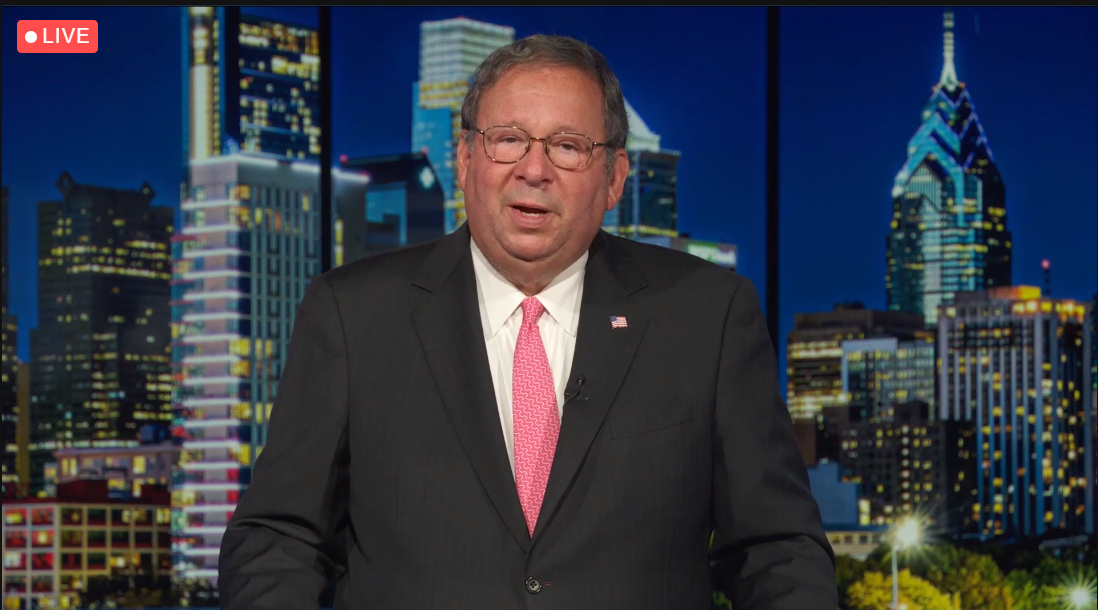Comcast's Cohen Champions First Amendment Right to Peaceful Protest
But said First Amendment stops at destruction of property

The smarter way to stay on top of the multichannel video marketplace. Sign up below.
You are now subscribed
Your newsletter sign-up was successful
David Cohen, senior EVP of Comcast, stood up for the First Amendment Wednesday in a virtual acceptance speech, but said that while that protection extended to peaceful protest, it did not include "the unlawful destruction of property in the guise of protest."
Cohen was receiving the institute's American Horizon Award for leading Comcast's Internet Essentials program, which provides low-cost broadband to low-income homes.
Cohen said that free speech was under assault by multiple forces, including "by foreign governments distorting the 'truth' through social media and by wildly disparate views of the 'news' by varying outlets."
In addition, he said the country is being buffeted by two viruses--COVID-19 and racial inequality. The latter, he said, has opened the door to a difficult but necessary national conversation.
He said much of that conversation has been conducted via public protest, with most of that in keeping with the First Amendment's protection of the right to peaceably assemble." But the "peacefully" in that guarantee was clearly a key word for Cohen.
"[W]hat we’ve seen in some cities is anathema to free speech. It reminds me of the classic law school hypothetical about yelling 'fire' in a crowded movie theater," he said. "That’s not protected speech. Nor is the unlawful destruction of property in the guise of protest."
Cohen said the protests have brought into sharp focus both racial inequality and the need for preserving the First Amendment guarantee of the right to exercise freedom of speech.
The smarter way to stay on top of the multichannel video marketplace. Sign up below.
He said Comcast is a First Amendment company that strives to give that voice to everyone. He said that was reflected in the way it covers the news as well as in its promotion of diversity.
"[T]he journalists in our news division are the front-line players in the Free Speech arena. They practice and preserve the principle of free speech 24 hours a day. And every day, they navigate a minefield of sensitivities to offer a balanced and accurate picture," he said.
Cohen argued that free speech is of little good if people don't have access to that multiplicity of voices. He said millions still lack broadband access, an "unfairness and pain of this has been laid bare by the Coronavirus pandemic."
"Contending with life in America without benefit of the Internet is guaranteed marginalization," he said.
He said that was what was driving the Internet Essentials program. "We were frankly outraged by the unfairness of disparate access to the Internet in America. And we felt a responsibility to take action."
Contributing editor John Eggerton has been an editor and/or writer on media regulation, legislation and policy for over four decades, including covering the FCC, FTC, Congress, the major media trade associations, and the federal courts. In addition to Multichannel News and Broadcasting + Cable, his work has appeared in Radio World, TV Technology, TV Fax, This Week in Consumer Electronics, Variety and the Encyclopedia Britannica.

